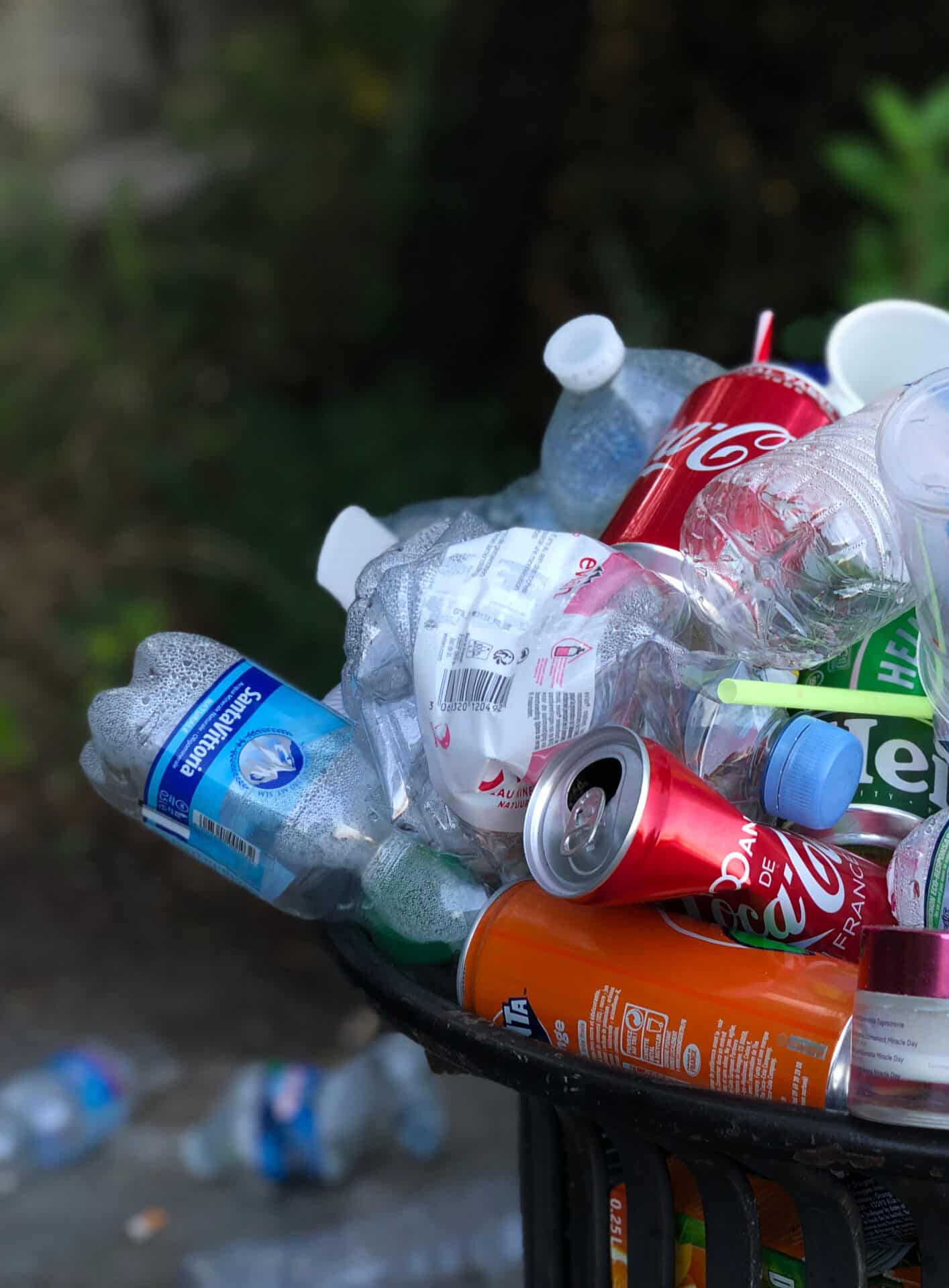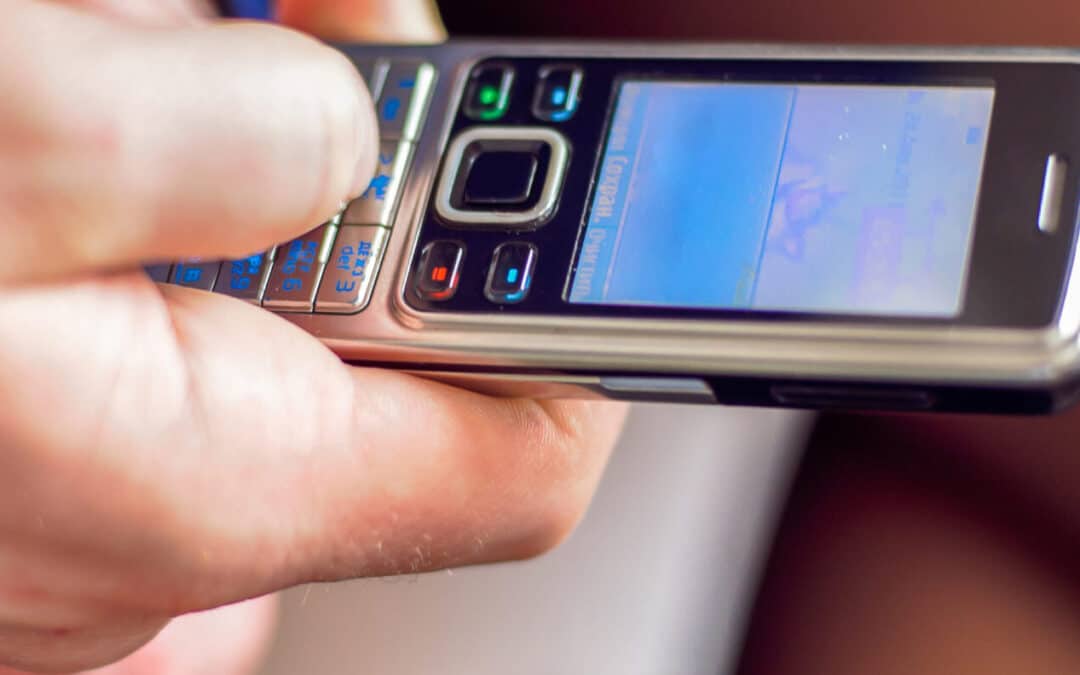From 2025, Belgium will also have a deposit on cans and plastic bottles. The producer responsible organization Fost Plus pushes forward the concept of a digital system where citizens have to scan the packaging with their smartphone to get their deposit back. Environmental organization Fair Resource Foundation asked Eunomia to investigate the feasibility of this system. “ This plan can be put in the closet: the system excludes many people and it will not be ready to be implemented in 2025. ”
The report is critical of the introduction of a digital deposit in Belgium. The report draws three main conclusions:
- It is very unlikely that the system can be technically implemented;
- Digital deposits exclude people, such as people without smartphones or underprivileged;
- The positive impact on the environment is uncertain, while the impact of traditional deposits has been proven to be strong.
Chloé Schwizgebel (FRF): “ Many unfounded promises are made about digital deposits, but the system does not work at all and will not work for the foreseeable future. The Flemish government, which is investigating the concept of digital deposit, should not be misled by this desperate attempt of the industry to prevent the introduction of classic deposit. ”
Eunomia is an international consultancy firm that also supports the European Commission and has expertise in Circular Economy and deposit systems. For this research, they spoke with stakeholders from the beverage sector, the packaging sector, the waste sector, consumer and environmental organizations as well as local governments.
WHY THE DIGITAL DEPOSIT WON’T WORK
In its assessment of the digital deposit, Eunomia indicates that this idea of a system will, at best, take years to emerge. This is partly due to several problems that are still far from being resolved:
- It is currently not possible for can manufacturers to print unique codes on the cans at the speed at which the production lines operate. This entails costs that the industry is not prepared to bear (see page 33).
- There is currently no guaranteed solution that will eliminate large-scale fraud (e.g. people taking photos of unique codes and collecting the deposit without properly returning the packaging).
- There is no way to check whether the packaging is being collected effectively, which is necessary to ensure the system is successful.
These are just three examples of the many obstacles that have been demonstrated. The research also points out the risks of misunderstandings, for privacy and the risks of endangering the European internal market that the proposed digital system cannot prevent.
DIGITAL DEPOSIT EXCLUDES PEOPLE

Eunomia also raises the question of whether this system in which people have to scan QR-codes with a smartphone to get a deposit back is accessible to all consumers. This is questioned because:
- Some consumers who cannot or do not want to use smartphones also need to be able to get their deposit back.
- The proposed solutions to reduce the digital divide, such as home scanners , would continue to exclude tourists or people in poverty, such as people in situation of homelessness. Home scanners would also not solve the “on-the-go” problem.
- Some people do not want to register because they do not want to share personal information or because the effort is not worth it (e.g. tourists).
These risks endanger the effectiveness and support of the system, while the classic deposit system works well and is widely accepted in many countries.
ARE WE GOING TO SOLVE THE LITTER PROBLEM WITH A QR-CODE?
Eunomia also warns that this deposit system may not be as effective as a classic system. The report shows that classic deposits result in at least 85% fewer deposit packaging in litter. In addition, the report states that classic deposits help improve the quality of recycling and are also compatible with reverse logistics for reusable packaging.

None of these effects have been proven for digital deposits. Moreover, success is highly dependent on the support of citizens.
Digital deposits would have a significantly lower impact on litter because the system excludes people (lower participation), and because the packaging in litter may no longer have a ‘clean-up value’, as there is a chance that the QR-code has already been deactivated and its deposit has therefore been claimed. Digital deposits also lead to less collected packaging and poorer recycling, partly due to the same exclusion of people, as well as the inevitable contamination of collected packaging, as collection would have to take place partly via public waste bins.
Chloé Schwizgebel (FRF):
“The study has identified numerous problems, which make it clear that digital deposit is a dead end. Wallonia and Brussels have already opted for classic deposits. It is now important to work with Flanders to ensure one well-functioning national system in which points of sale simply give consumers their money back.
Which deposit system we will have in 2025 remains a political decision. 55 cities and municipalities recently expressed their concerns about a digital system. We hope that politicians and policymakers will carefully study Eunomia and make a well-informed choice.
–
[End press release]
Perscontact:
Chloé Schwizgebel, +31 643288231
chloe@fairresourcefoundation.org
Fotocredit: Shutterstock

